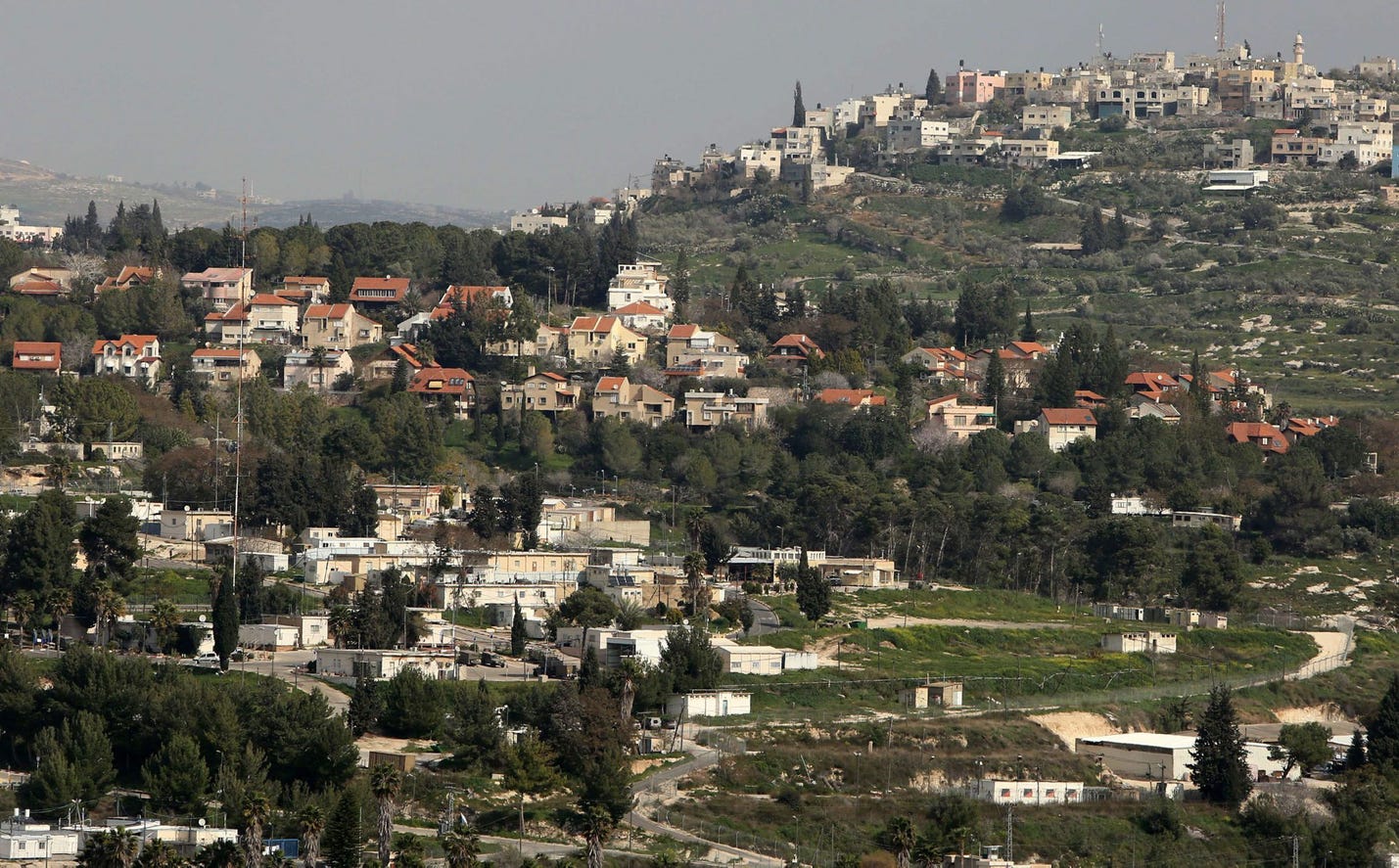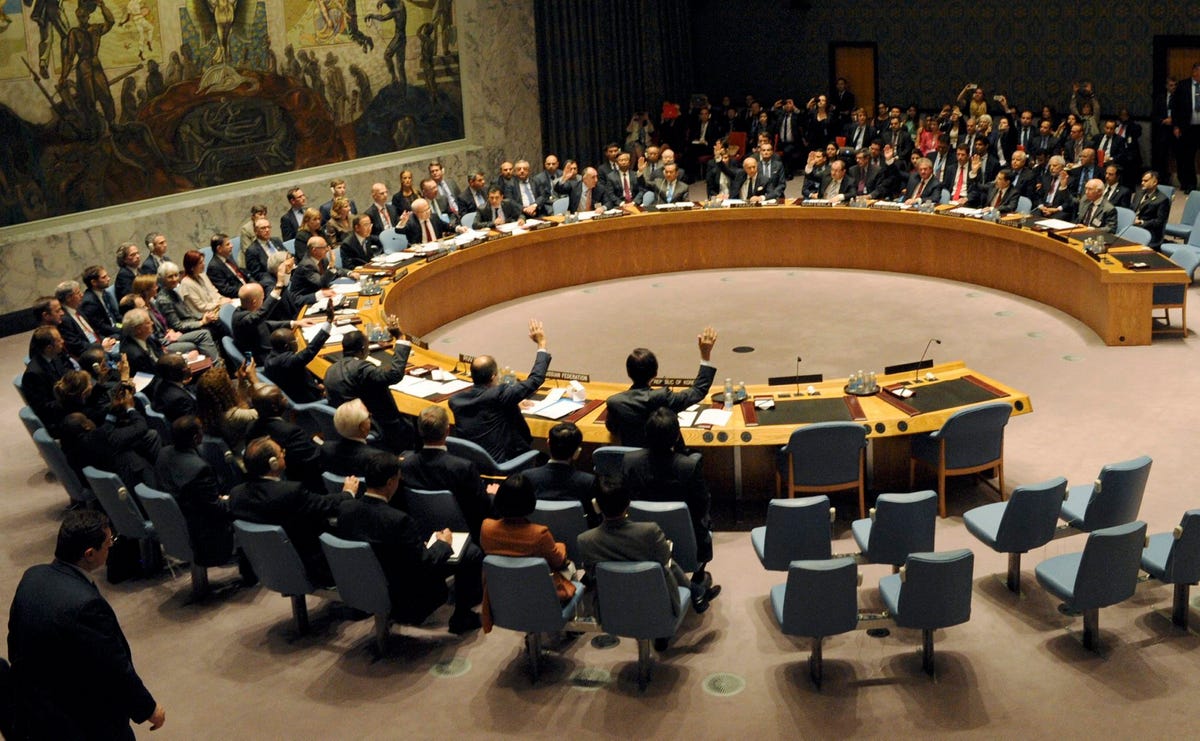The council is also expected to give initial approval for construction plans in Netiv Ha'avot, an outpost that was evacuated several years ago and will now be included as a neighborhood of the Elazar settlement. Construction plans for isolated settlements including Ma'aleh Amos, Nokdim, Elon Moreh and Kfar Tapuach are also expected to be advanced.
The settlements set to expand most dramatically are Ma'ale Adumin (1,100 units), Kochav Yaakov near Ramallah (630 units), Giv'at Ze'ev (485 units), Ma'ale Amos (485 units) and Elazar (430 units).
Finance Minister Bezalel Smotrich, who controls parts of the Civil Administration as a result of the government's coalition agreements, announced last week that the Higher Planning Council would hold another meeting in May. Under the previous government, the settler leadership complained that not enough settlement construction plans were being approved and demanded the council meet more frequently.
The plans for construction follow a decision by Israel's diplomatic-security cabinet two weeks ago to legalize 10 outposts as independent settlements, which it hadn't done for many years. The outposts set to be legalized are Avigayil, Beit Hogla, Givat Harel, Givat Arnon, Mitzpe Yehuda, Malachei HaShalom, Eshael, Sde Boaz, and Shaharit.
The UN Security Council.Credit: Reuters
The United Nations Security Council presidential statement published on Monday expresses "deep concern and dismay" with Israel's plans to legalize West Bank outposts and dramatically expand settlement construction.
The statement, issued by all 15 members of the council, including the United States, reiterates the international community's decision that "continuing Israeli settlement activities are dangerously imperiling the viability of the two-state solution based on the 1967 lines." Netanyahu's office later responded, saying, "The statement should never have been made and the United States should never have joined it."
The foreign ministers of France, Germany, Italy, the United Kingdom and United States said last week that they were deeply troubled by the Israeli government's plans to expand settlements in the West Bank. Secretary of State Antony Blinken spoke with Netanyahu and told him the U.S. objects to any unilateral moves that escalate tensions and put the two-state solution at risk.
On Monday, the office of Israeli Prime Minister Benjamin Netanyahu said Israel would not greenlight any new settlements in the West Bank beyond the nine outposts it retroactively approved earlier this month.
Israel's Finance Minister Bezalel Smotrich said of the U.S. response that despite its outspoken condemnation, the United States understands Israel's decisions. “It is permitted to have disagreements between friends, but in the end we do what is right for us, and they understand that,” Smotrich said at a Religious Zionism faction meeting in the West Bank settlement of Givat Harel. He added that "We will continue planning, and building in the West Bank, and we are going to fight against the takeover plans in Area C."
---------------------------------------------------------------------------------------------------------------------
 Thursday, February 23, 2023 at 11:40PM
Thursday, February 23, 2023 at 11:40PM 
 APJP |
APJP |  Post a Comment |
Post a Comment | 
Reader Comments